For weeks, journalists have pestered Opposition leader Bill Shorten about the cost of his climate policies. At the first leaders’ debate Mr Shorten revealed that he wouldn’t be able to give voters a figure, explaining, ‘This issue about “give us one number”, I don’t think that’s possible to do.’ Having rejected ‘numbers’ as a method of calculating the cost of his policy, Mr Shorten has come up with an alternative —the Big Mac. ‘If you had a friend who was perhaps on the large side, the chubby side, and they had ten Big Macs a day… there’s a cost to not eating the Big Macs,’ he explained rather cryptically. ‘But in the long term it’s an investment, isn’t it?’ he continued. ‘Sure, there’s a cost to exercising but there’s a benefit. Now, which do you measure? The cost or the benefit or do you accept that it’s all part of a total package.’
It is indeed confusing when you are trying to save the world from catastrophic global warming one Big Mac at a time. What to do? Is supersizing the chips a cost or a benefit? What about sauce? Mr Shorten should have stuck to something simpler, like shooting himself in the foot, a practice to which he seems to be prone. Sure, there’s a cost but think of how much you can save in shoes and socks.
Mr Shorten’s confusion isn’t limited to cost benefit analysis of his policies, he struggles with simpler concepts —like dates. At the leaders’ debate he said that pensioners would not be affected by his tax hike on investment income. ‘Our policy doesn’t apply to people who receive a pension or a part-pension,’ he explained to a pensioner in the audience. In fact, Labor’s exemption is only for pensioners (and part-pensioners) who were already in a self-managed super fund before 28 March 2018. Going forward, it will force anyone in an SMSF (pensioner or not) to pay 30 per cent tax on investment earnings, whilst anyone in an industry super fund, controlled by trade unions, will be able to dodge the new tax hike because those funds have enough members who are still working and therefore paying tax on the earnings in the fund, for the fund to get the full refund on the excess tax paid by retirees.
Mr Shorten has the gall to say that the new tax is fair because even if self-funded retirees have worked hard all their lives, ‘so have all the other pensioners’, somehow forgetting that pensioners are at least getting a guaranteed tax-free income for life. But for all Labor’s talk of fairness, the policy will not hurt high-income earners, who use the refund to reduce the tax they pay. It will hurt lower income earners, with 84 per cent of those affected having a taxable income of less than $37,000. And it will not just affect retirees — it will affect almost a million people who hold shares directly as well as 200,000 self-managed super funds.
When Mr Shorten says ‘this nation can’t afford to keep giving money in the form of a tax cheque to people who didn’t pay tax,’ what he actually means is that he is making these people pay far more tax than anyone else does in comparable circumstances and that he’s quite happy to refund excess tax paid by retirees so long as they put their money in a big industry super fund controlled by trade unions.
Elsewhere, Mr Shorten tried to reassure those voters who are alarmed by Labor’s policy on electric vehicles. ‘What we’ve said is that by 2030 we would like to see half of the new cars sold be electric,’ Mr Shorten said in a radio interview. ‘That doesn’t mean that that will happen,’ he added. It seems an odd tactic, to say the least, to suggest that people shouldn’t worry about your policy as you may be too incompetent to achieve your target. Then there’s Mr Shorten’s policy to get taxpayers to directly boost child-care workers’ salaries. The last time Labor tried this, it turned out to be a tactic to get childcare centres to negotiate union enterprise agreements and get workers to join the union, with part of the additional wages flowing directly into union coffers. This time around, as usual, there were few details about how the policy would operate but it was estimated to cost almost $10 billion over a decade. That is until Mr Shorten started freelancing and said Labor was open to subsidising wage rises for other low-paid, female-dominated sectors and had simply ‘picked child-care workers to go first.’ With age-care and disability sector workers clamouring for a similar deal, Mr Shorten was forced to backtrack explaining that child-care was a ‘unique sector’ and such a deal was not on offer for anyone else. Together with the promise to override the Fair Work Commission’s decision on penalty rates, it paints a disturbing picture of a government moving ever closer to a central command and control economy.
The most striking image about the first leaders’ debate was the spectacle that Mr Shorten created by shuffling desperately through a sheaf of notes while Mr Morrison was speaking, occasionally scribbling a few words, sometimes flinging a piece of paper away. What was he doing? Trying to memorise his policies? Writing new ones?
Or was it a classic Shorten case of: ‘I can’t remember what I said, but let me say I support it, whatever it was.’
Got something to add? Join the discussion and comment below.
Get 10 issues for just $10
Subscribe to The Spectator Australia today for the next 10 magazine issues, plus full online access, for just $10.
You might disagree with half of it, but you’ll enjoy reading all of it. Try your first month for free, then just $2 a week for the remainder of your first year.



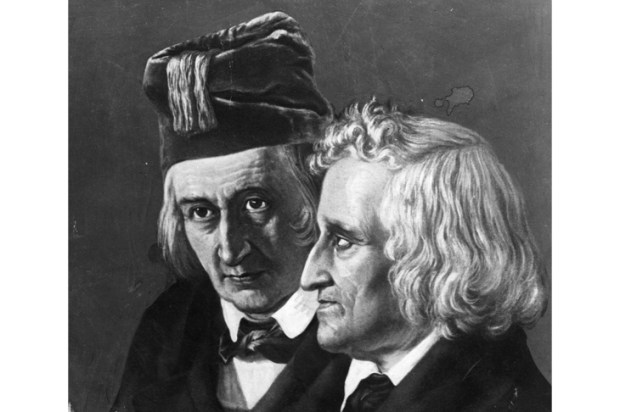
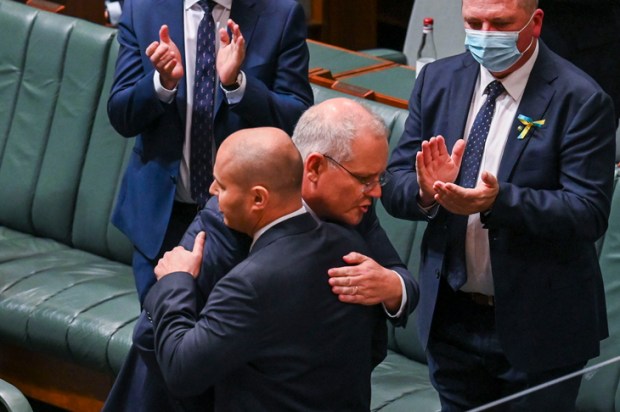
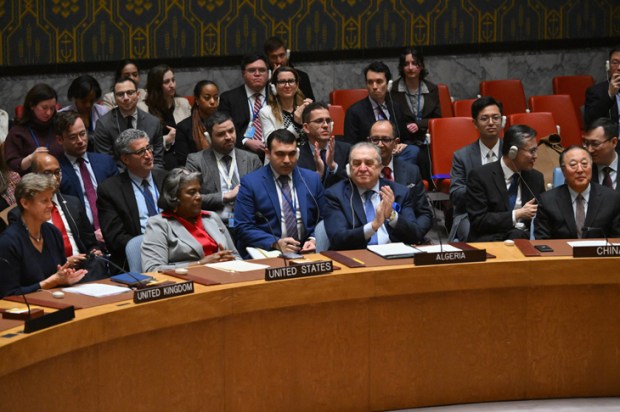
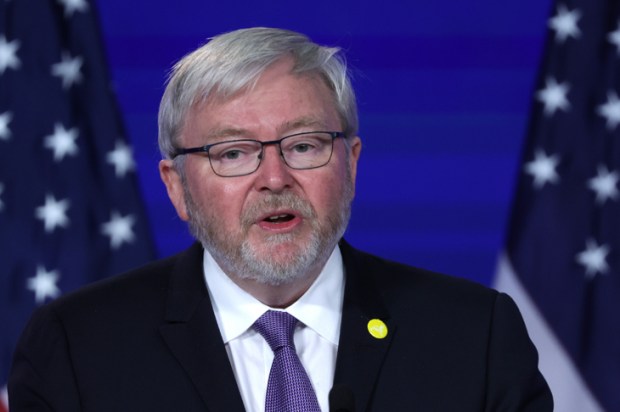
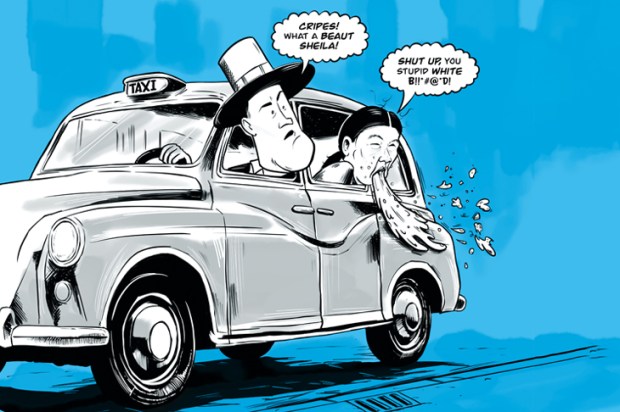
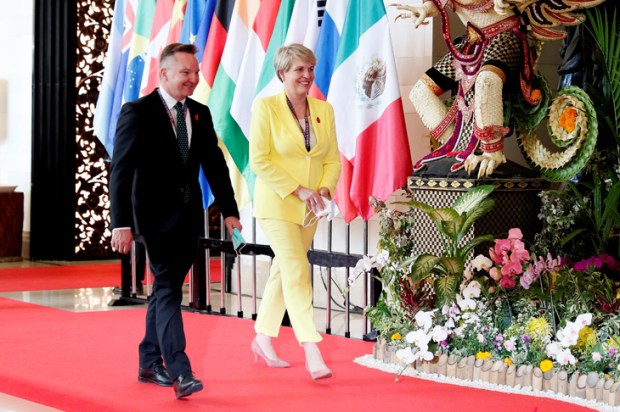






Comments
Don't miss out
Join the conversation with other Spectator Australia readers. Subscribe to leave a comment.
SUBSCRIBEAlready a subscriber? Log in